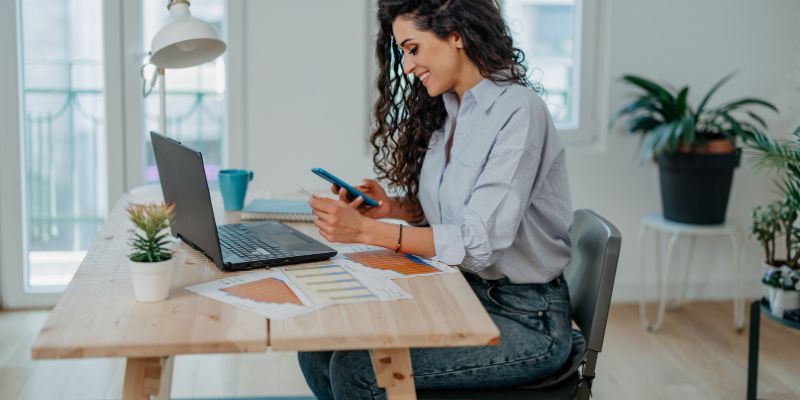10 Easy Post-Account Closure Steps To Secure Your Assets
Aug 24, 2024 By Rick Novak
Have you ever experienced the shock of receiving a notification that your bank account has been closed? The sudden closure of a bank account is an unexpected moment, and it can affect your financial stability, leaving you with unanswered questions about why it happened and what steps you need to take next. In this article, we'll discuss why banks close accounts and what happens when your bank closes your account. And what to do when a bank closes your account to protect your savings.
Reasons For Bank Account Closure:
Inactive Account:
An inactive account hasn't been used for a long time, usually three to five years. If you last used your account a few years ago, the bank might think you left and closed it. If you hardly ever write checks or use your debit card, your account might get closed.
So, it's important for account holders to check their accounts regularly and make some transactions every now and then to keep them active and stop the bank from closing them.
Suspicious Activity:
Banks get concerned when they notice anything strange happening with accounts because it could mean someone's doing something wrong or illegal. If your account has odd transactions or many failed login attempts, the bank may stop it to ensure everyone's money stays safe.
They do this to prevent losing money and ensure everyone's treated fairly. If the bank notices anything weird happening with your account, they might close it temporarily until they can check and ensure your money is secure.
Bounced Checks Or Overdrafts:
If you write a lot of bounced checks or have too many overdrafts, the bank might close your account. If you try to cash a check with insufficient money in your account, the bank sends it back.
Overdrafts occur when the bank allows transactions without enough funds in your account. These financial issues raise concerns about your ability to manage your money, insisting the bank take action.
What Happens When Your Bank Closes Your Account?
If your bank decides to close your account, they may or may not give you advance notice. You'll receive any remaining money, minus any fees, as a check. Sometimes, instead of closing the account, the bank might change your account type.
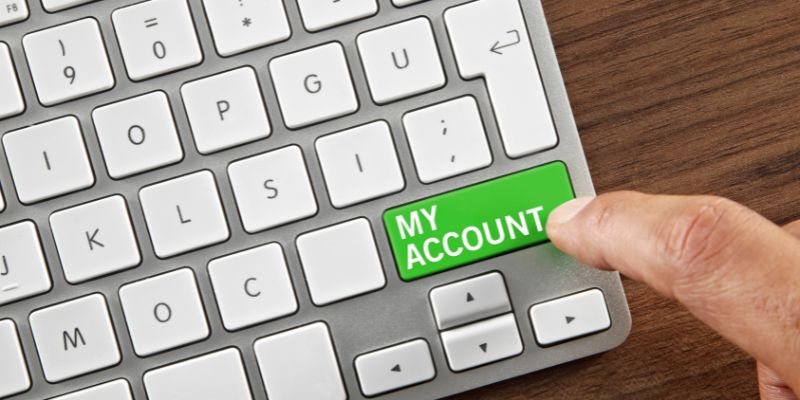
9 Steps To Take After Account Closure:
Keep Records:
After your account is closed, keep detailed records of all communication with the bank about the closure. Write down information from phone calls, emails, and any letters you receive from the bank.
Include the names of the people you talked to, the dates of your communication, and what was discussed. This way, you'll have a clear record of everything during the closure process.
Stop Automatic Payments:
Once your account is closed, it's essential to stop any automatic transactions that were linked to it. Closing means stopping things like automatic bill payments and direct deposits. By preventing these transactions, you can avoid any charges or fees for trying to make payments from a closed account.
Get Confirmation:
After your account has been closed, ask the bank for written confirmation of the closure. Information can be in the form of a letter or an email. Written confirmation ensures that the closure process is complete and gives you peace of mind that there are no remaining issues with your account.
Get Legal Help if Needed:
If you think your bank shut down your account unfairly or didn't follow the rules that keep customers safe, you should talk to a lawyer. This type of lawyer knows a lot about banks and how they're supposed to treat customers. They can advise you on what to do next and explain your rights.

Monitor Your Credit Card Regularly:
Keep checking your credit report regularly to ensure there are no mistakes or signs of someone using your identity after your account is closed. If you see anything strange, let the credit agencies know immediately and take steps to keep your personal information safe.
Secure Your Funds:
Make sure to transfer any money left in your closed account to another account or take it out as soon as possible. Contact the bank to find out how to get your remaining money and ask about any fees or rules you must follow.
Address pending Transactions:
Contact the people or businesses you owe money to and tell them your account is closed. Give them other ways to pay if they need to. Monitor your account carefully to ensure nobody uses it without your permission after it's closed.
Understand the Reason for Closure:
Contact your bank to figure out why they closed your account. It could be because something seemed strange, you needed to follow the bank's rules, or the bank made a mistake. You understood why it would help you solve the problem.
Find Alternative Banking Options:
If you need help fixing the problem with your current bank or want to try a different one, look into other banking choices. Check out different banks or credit unions to see which has the best fees, services, and account features.
Resolve Unauthorized Charges:
Tell the bank immediately if you notice any charges or things you didn't buy on your account before it got closed. Ask them to check any transactions you didn't make and give them any documents to help them understand them.
Conclusion:
If your bank closes your account, don't worry! It just means they closed your account for some reason. Maybe you should have used your account, or something strange happened. After they close it, keep track of what happened, stop automatic payments, and get your remaining money. If you need help with what to do, discuss it with a special kind of lawyer who knows about banks. And remember to check your credit card and consider trying a different bank if you need to. Just take it step by step, and you'll sort things out.
On this page
Reasons For Bank Account Closure: Inactive Account: Suspicious Activity: Bounced Checks Or Overdrafts: What Happens When Your Bank Closes Your Account? 9 Steps To Take After Account Closure: Keep Records: Stop Automatic Payments: Get Confirmation: Get Legal Help if Needed: Monitor Your Credit Card Regularly: Secure Your Funds: Address pending Transactions: Understand the Reason for Closure: Find Alternative Banking Options: Resolve Unauthorized Charges: Conclusion: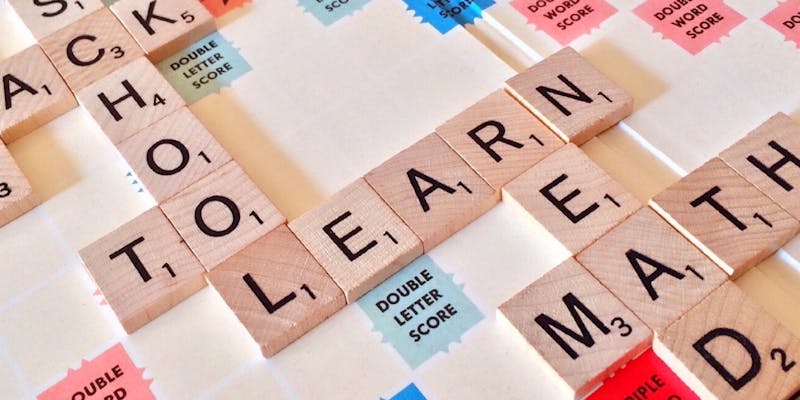
Exploring the Common Ways to Move Expense Claims for Returning to School
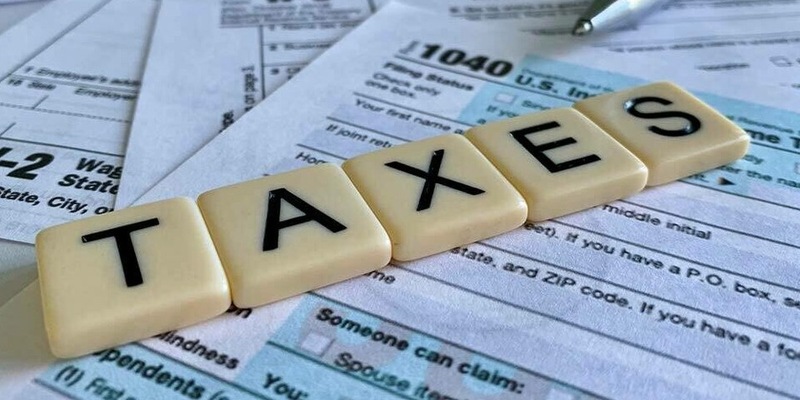
Understanding Tax Benefits

Companies Owned by Disney
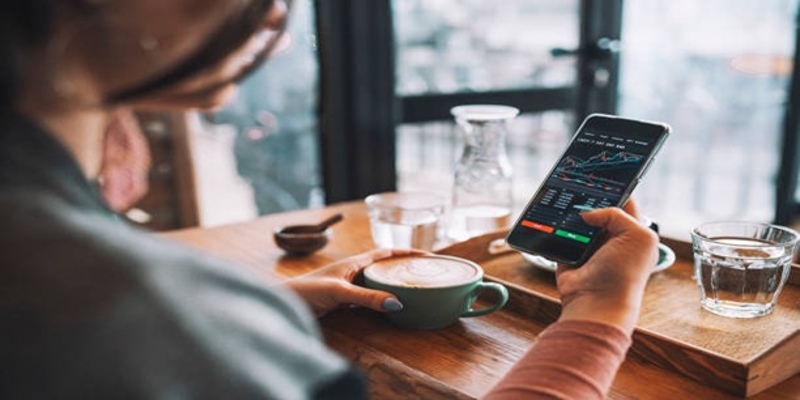
The Basics of Commodity Futures: A Beginner's Guide
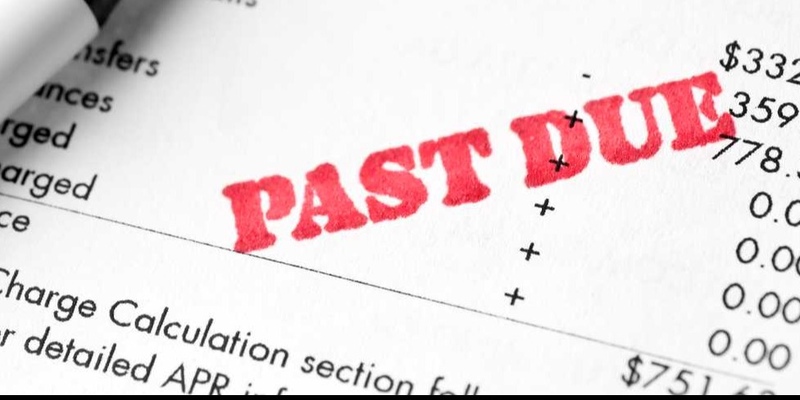
All You Should Know About Debt Related Statute of Limitations
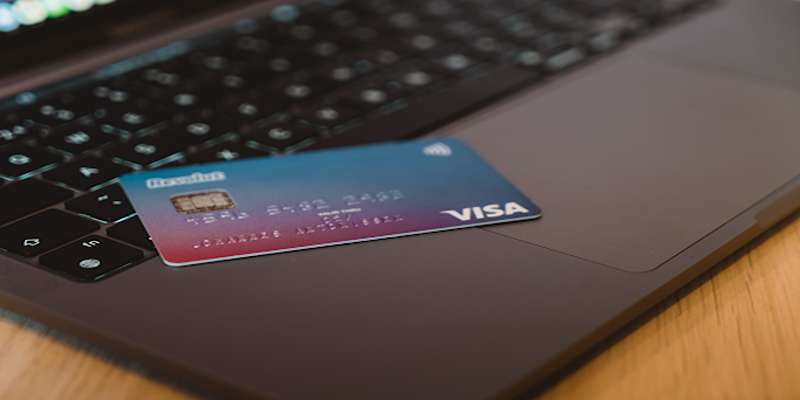
Is My Credit Score Useful Outside the US?
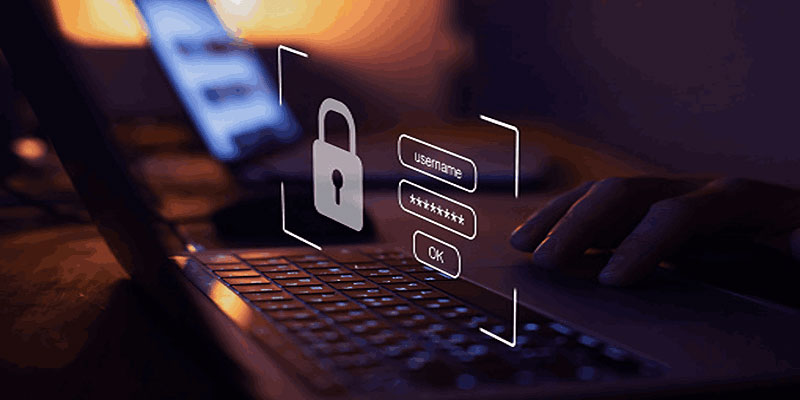
Best Identity Theft Protection Services
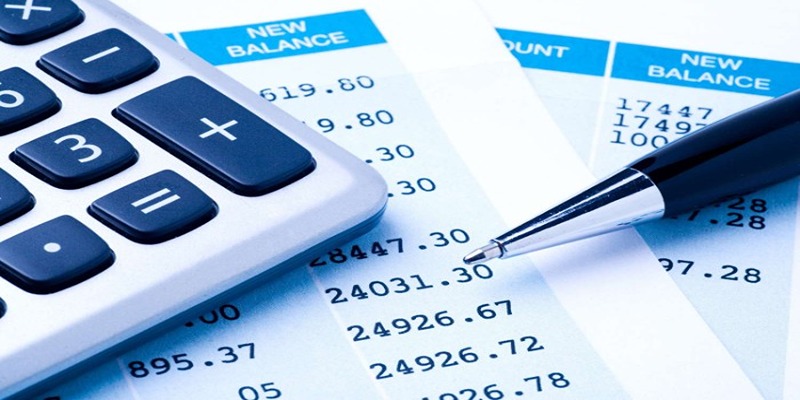
Steps to Making a Profit in Crude Oil Trading
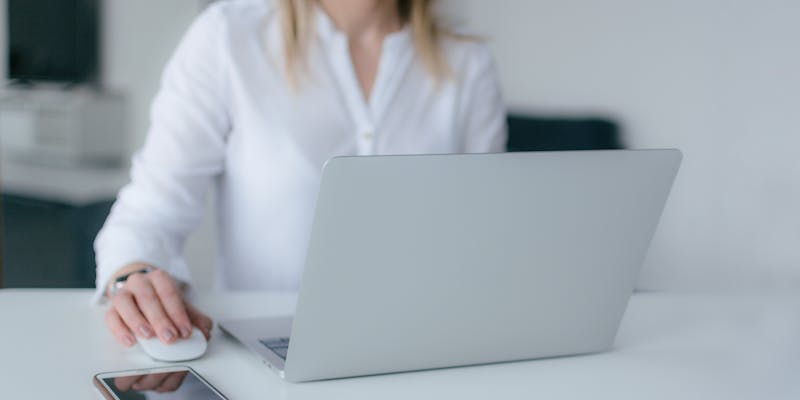
Online Credit Unions: How To Join and How It Works
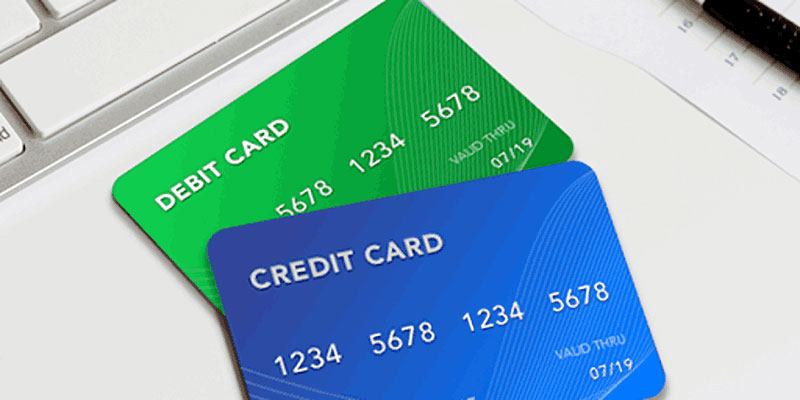
Credit Cards vs. Debit Cards: What’s the Difference?

Best Mobile Home Loans
